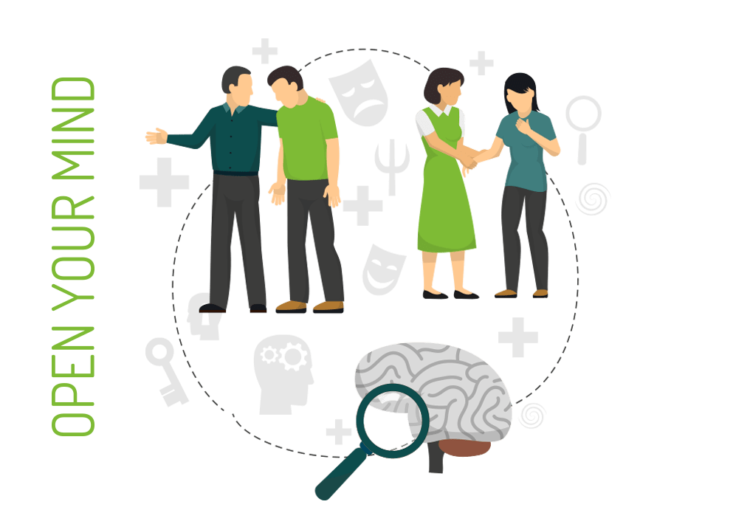LIFE SKILLS
- Identify goals.
- Inspire others to share those goals.
- Organize a group so that all members can contribute according to their abilities.
- Resolve conflicts among members.
- Encourage the group to reach their goals.
- Help group members solve problems and improve performance.
- Give credit where it is due.

Essential Life Skills to Help Your Child Succeed
- Self-awareness
- Empathy
- Coping with stress
- Critical thinking
- Creative thinking
- Coping with emotion
- Decision making
- Problem Solving
- Effective communication
- Interpersonal relationship

PSYCHOLOGICAL SUPPORT
Everyone has times of feeling less comfortable in their own skill. This is expressed in various ways. From fear of failure, procrastination and problems with planning, to eating problems, stress, sadness or even depression.
We target on psychological assessment and counselling for children. We also provide play therapy for children to cope up with their stress and emotion.
Counselling For Children
PLAY THERAPY
Play therapy is a psycho therapeutic approach primarily used to help children ages 3 to 12 explore their lives and freely express repressed thoughts and emotions through play. Therapeutic play normally takes place in a safe, comfortable playroom, where very few rules or limits are imposed on the child, encouraging free expression and allowing the therapist to observe the child’s choices, decisions, and play style. The goal is to help children learn to express themselves in healthier ways, become more respectful and empathetic, and discover new and more positive ways to solve problems. Therapeutic play helps children with social or emotional deficits learn to communicate better, change their behavior, develop problem-solving skills, and relate to others in positive ways. It is appropriate for children undergoing or witnessing stressful events in their lives, such as a serious illness or hospitalization, domestic violence, abuse, trauma, a family crisis, or an upsetting change in their environment. Play therapy can help children with academic and social problems, learning disabilities, behavioral disorders, anxiety, depression, grief, or anger, as well as those with attention deficit disorders or who are on the autism spectrum.
SUPPORT SERVICES
FOR CHILDREN’S :
Children face lots of challenges and problems. We extend our hands on providing scholarship and necessary resources for their overall development.
OTHERS :
Underprivileged do not enjoy the advantages other people. These people usually live in poverty. A privilege is a right or an advantage, and people who are underprivileged lack such rights and advantages. Many times, this word is used as a synonym for poor.
It is not ethical to state an individual as underprivileged. People should be referred to as underprivileged only if they address themselves so. Misfortune, like beauty, is in the eye of the beholder. It’s not appropriate to slap labels on people that they might not like or even agree with. So we consider them as needy people and provide our support to satisfy their basic needs. We also aim for their upliftment.
JOIN HANDS
Volunteering offers vital help to people in need and to see a change in the community, but the benefits can be even more substantial for the volunteer. Helping others can help you reduce stress, combat depression, keep you mentally stimulated and provide a sense of purpose in your life. The more you volunteer, the more benefits you will experience. Giving in even the simplest ways can help others those in need and improve your health and happiness.
Before getting started with a volunteer opportunity, it’s important to ask yourself what you would like to learn or accomplish from the experience. If you jump into an opportunity that doesn’t resonate with what you are already passionate about on some level or doesn’t align with your current skills or interests, you could walk away with a negative volunteer experience.
To walk away with the most positive volunteer experience, all you need to bring with you is the following
A well-developed society cannot be imagined without the development of library. It directly helps in quality education to bring positive social changes and agricultural/economic development. Library is a reliable source of information for the community. It has an important role to play for sustainable development, protection of human rights, peace and community friendship and conflict management. It also helps and supports self-employment and life-time studies. In other words a library is a life-time school. Library also can play an important role as community development resource and local research center. Our effort is to increase the habit of reading books among children by setting libraries in their community.






